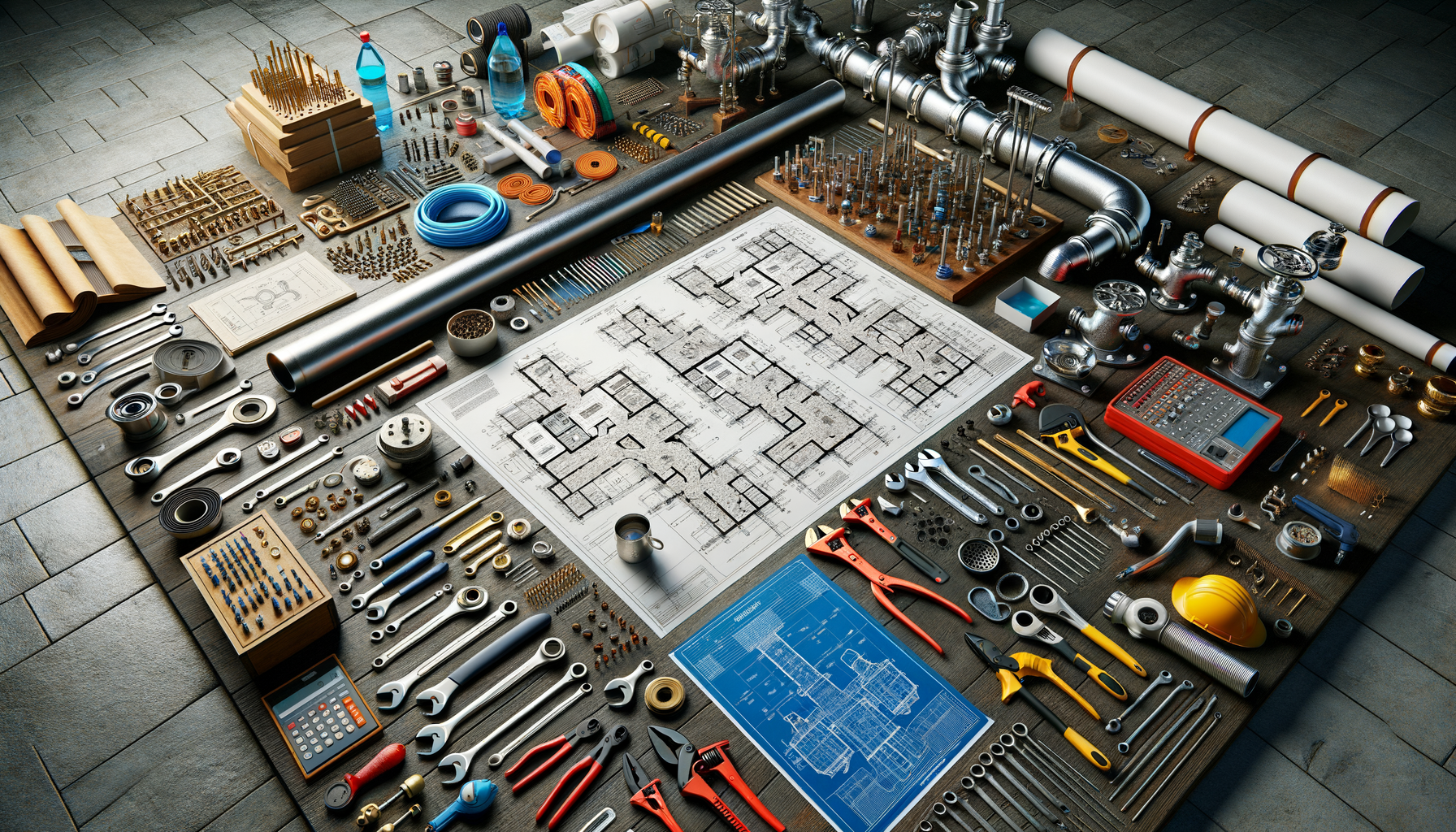
Start a Career as a Plumber in the USA – Training Available for All Ages
Understanding the Basics of Plumber Training
Plumber training is a crucial stepping stone for anyone looking to enter the plumbing profession. This training typically includes a combination of classroom instruction and hands-on experience, equipping aspiring plumbers with the necessary skills and knowledge. The curriculum often covers a wide range of topics, including pipe installation, water systems, and safety protocols. Understanding the basics is essential as it forms the foundation upon which more advanced skills are built.
In classroom settings, students learn about the theory behind plumbing systems, including how water pressure works and the principles of drainage. This theoretical knowledge is complemented by practical sessions where students get to apply what they have learned. Hands-on training is vital, as it allows students to practice under the supervision of experienced professionals, ensuring they gain confidence in their abilities.
Moreover, plumber training programs often emphasize the importance of safety. Working with water and gas lines requires strict adherence to safety standards to prevent accidents and ensure the well-being of both the plumber and the clients. By instilling these practices early, training programs help foster a culture of safety that benefits the entire industry.
Overall, understanding the basics of plumber training is not just about learning how to fix leaks or install pipes; it’s about building a comprehensive skill set that prepares individuals for a successful career in plumbing.
Exploring Different Training Pathways
There are several pathways to becoming a trained plumber, each offering unique benefits and challenges. One of the most common routes is through an apprenticeship program. Apprenticeships combine on-the-job training with classroom instruction, allowing individuals to earn while they learn. These programs typically last four to five years, during which apprentices work under the guidance of experienced plumbers, gaining valuable insights and practical skills.
Another option is enrolling in a vocational school or community college. These institutions offer plumbing programs that provide a more structured learning environment. Courses usually cover essential topics such as plumbing codes, blueprint reading, and system design. Graduates of these programs are often well-prepared to enter the workforce or pursue an apprenticeship for further training.
For those who prefer a more flexible approach, online courses are also available. These courses can be a great option for individuals who need to balance training with other commitments. While online courses may not offer the same level of hands-on experience as traditional programs, they can provide a solid theoretical foundation.
Ultimately, the choice of training pathway depends on individual preferences, career goals, and personal circumstances. By exploring different options, aspiring plumbers can find a path that aligns with their needs and sets them on the road to success.
The Role of Certification and Licensing
Certification and licensing play a pivotal role in the plumbing profession, ensuring that practitioners meet industry standards and are qualified to perform their duties safely and effectively. In many states, obtaining a plumbing license is a legal requirement, and the process often involves passing an exam that tests both theoretical knowledge and practical skills.
Certification, on the other hand, is typically voluntary but can enhance a plumber’s credibility and career prospects. Various organizations offer certification programs that validate a plumber’s expertise in specific areas, such as green plumbing or advanced water systems. These credentials can be particularly beneficial for those looking to specialize or advance in their careers.
Moreover, licensed and certified plumbers are often more attractive to employers and clients, as these credentials demonstrate a commitment to professionalism and quality. They also provide assurance that the plumber is knowledgeable about current codes and regulations, reducing the risk of costly errors or safety violations.
In summary, certification and licensing are integral to the plumbing profession. They not only uphold industry standards but also offer plumbers opportunities for growth and specialization, contributing to a more skilled and reliable workforce.


